What’s Scarier: The book or banning it?
SPHS’ Library Media Specialist Mr. Nuhn said, “it is a bit nerve-wracking to be threatened with legal consequences for checking out the wrong book to a student.”
After complaints from a parent at Palm Harbor University High School, Toni Morrison’s The Bluest Eye was pulled from Pinellas County school libraries. The parent— Michelle Stille, a teacher at a private Christian school— sent emails to the school board members with selected excerpts of the novel that contained sexual situations, pedophilia, and calling public schools “Marxist indoctrination camps.”
Morrison’s novels— along with many other books with motifs of gender, race, sexuality, and different themes considered controversial— are being targeted across American schools as a surge of conservative laws facilitates the banning of books and legal action against school faculty. Stille’s objection to the novel’s contents emphasizes the issue’s sensitivity as Stille’s child was placed in an advanced literature class— presumably able to critically analyze the novel with the guidance of a teacher— along with the weight of one parent’s opinions.
Florida’s path towards mass book bans is a part of DeSantis’ “anti-indoctrination” movement that targets Black history and education, claiming it “significantly lacks educational value.” Though those opposed to the banning point to the state’s efforts as endorsing pro-Christian, anti-Black, and homophobic policies. Parents and politicians actively try to ban novels about navigating society in a marginalized community while keeping the Bible on an approved reading list. People in opposition to the policies call attention to the hypocrisy in claiming that teaching the Bible in schools has no elements of indoctrination, while The Bluest Eye brainwashes children into a “woke” mindset.
After being told to pull The Bluest Eye from bookshelves, SPHS’ Library Media Specialist Mr. Nuhn said, “it is a bit nerve-wracking to be threatened with legal consequences for checking out the wrong book to a student” and pointed out that complex subjects “allow students to see different points of view.” This is vital in forming a well-rounded, cognizant perspective of the world.
Mr. Benton, English Department Chair, says, “decisions coming down from the state legislature aren’t going to be in touch with the needs of individual communities,” noting that “retrogressive policies come and go, but fear is constant.”
Banning books can be a form of historical erasure and exemplifies the state’s desire to ignore systemic inequity. Some see the bans as showing Florida’s doubt in the public school system’s ability to choose and guide required reading.


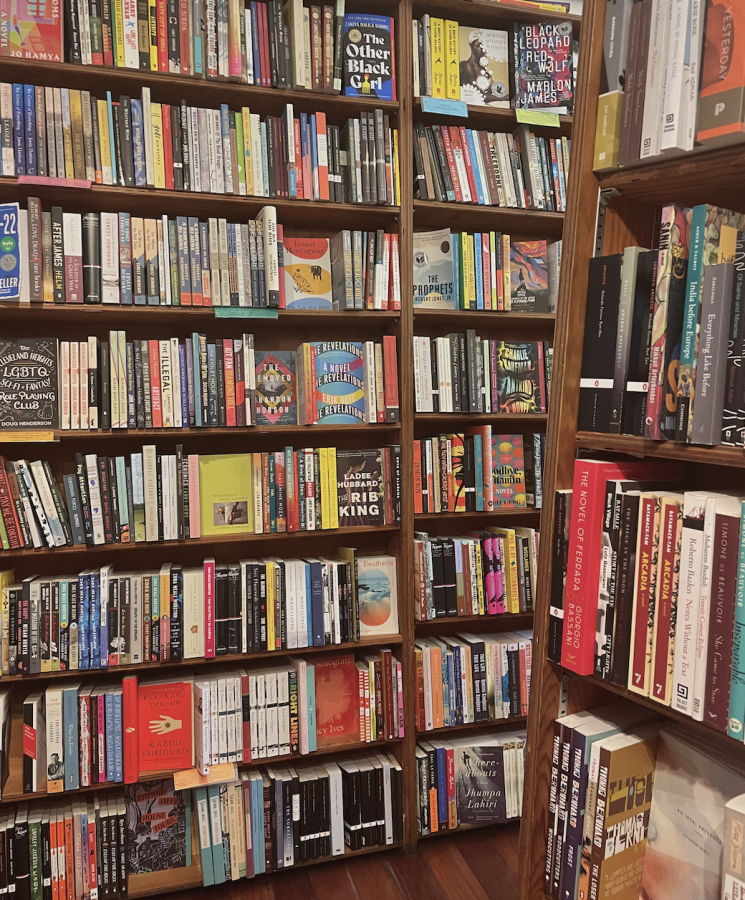
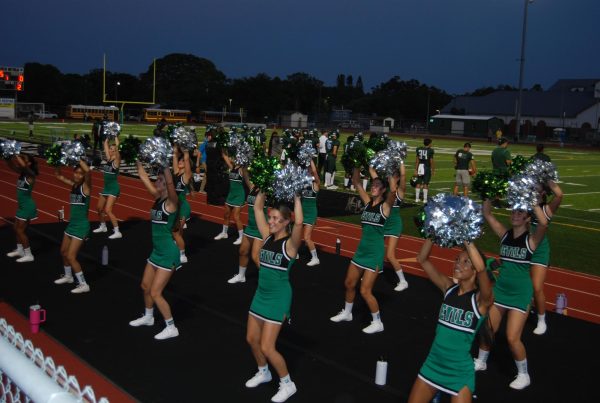
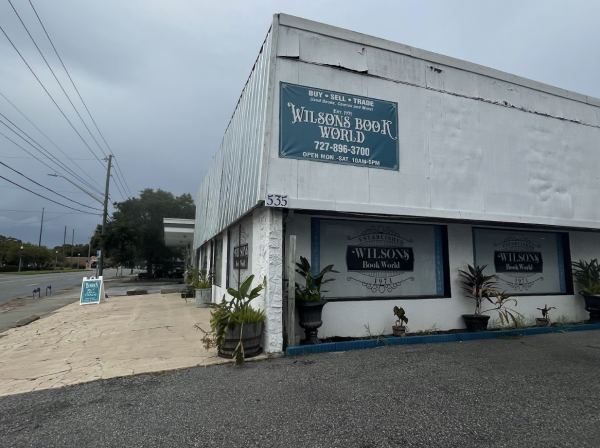
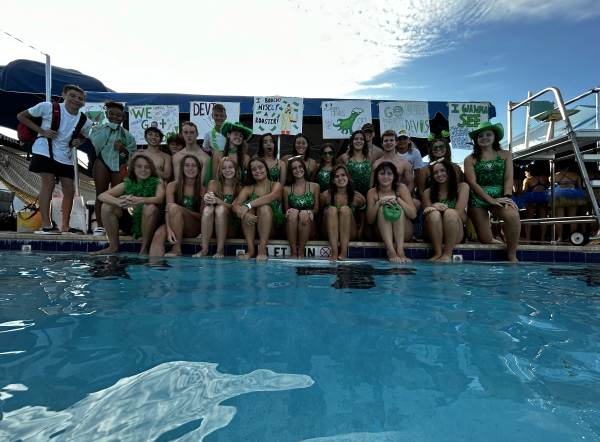
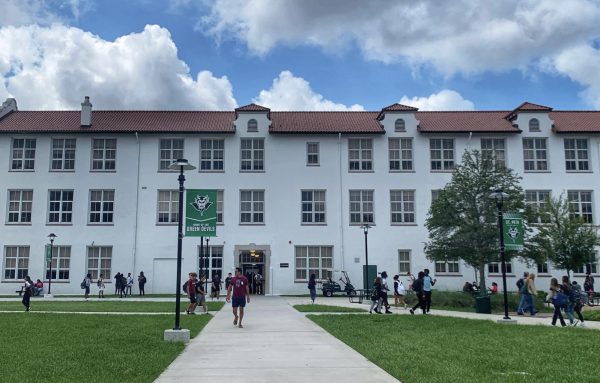
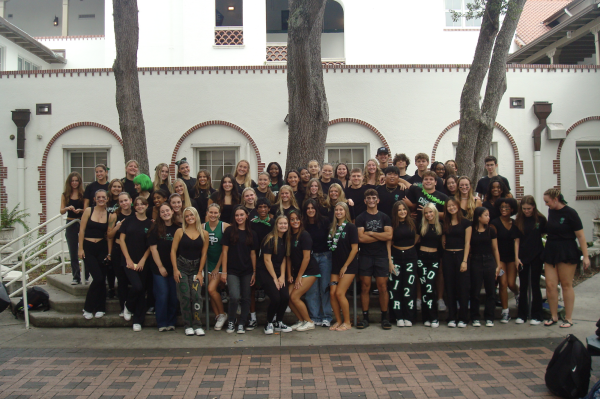





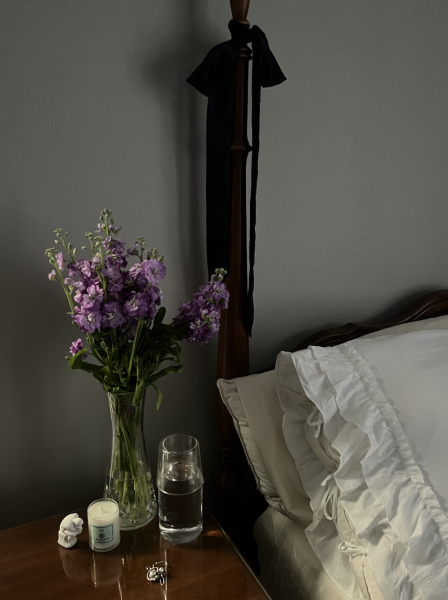
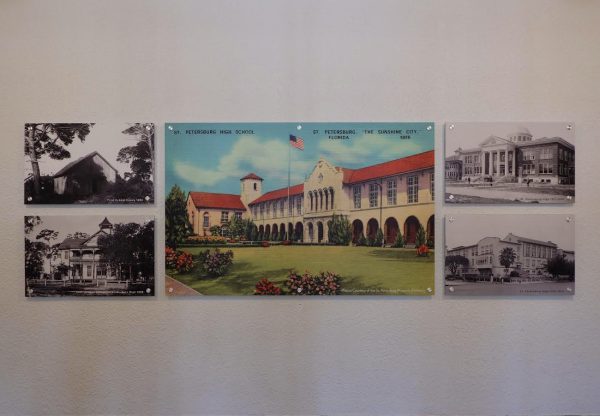
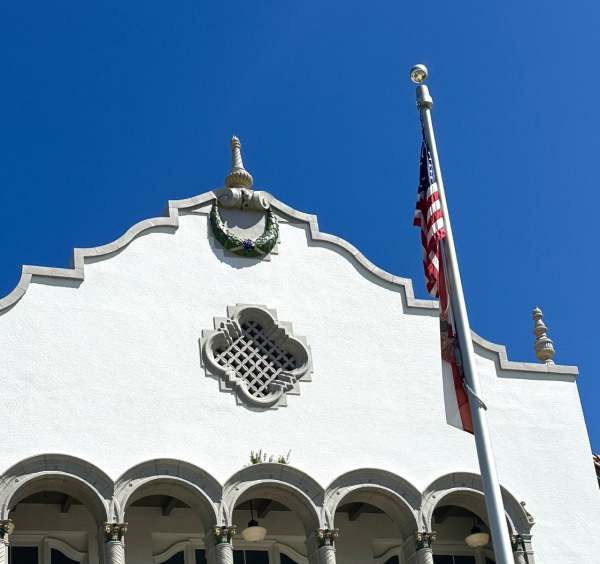
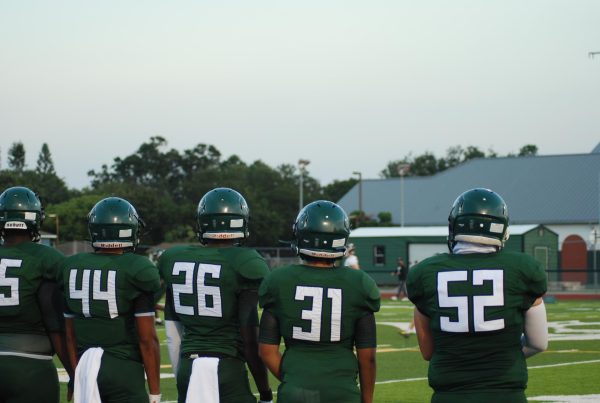
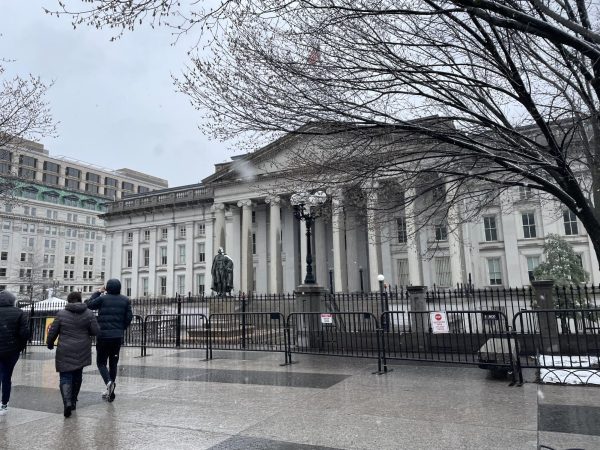
Jacqueline E. Jacobs, PhD • Feb 19, 2023 at 9:31 am
As a 1965 graduate of SPHS, I was pleased to see the level of thought and research in this article. Congratulations to Ms. John and Ms. Miller. It is only possible for a free society to be free when censorship is an individual choice, not a state dictate. It is obvious that SPHS maintains the long-standing tradition of a well-educated student body. Thank you, teachers.
Peace,
Jacqueline (nee Evans) Jacobs, PhD (class of ’65)